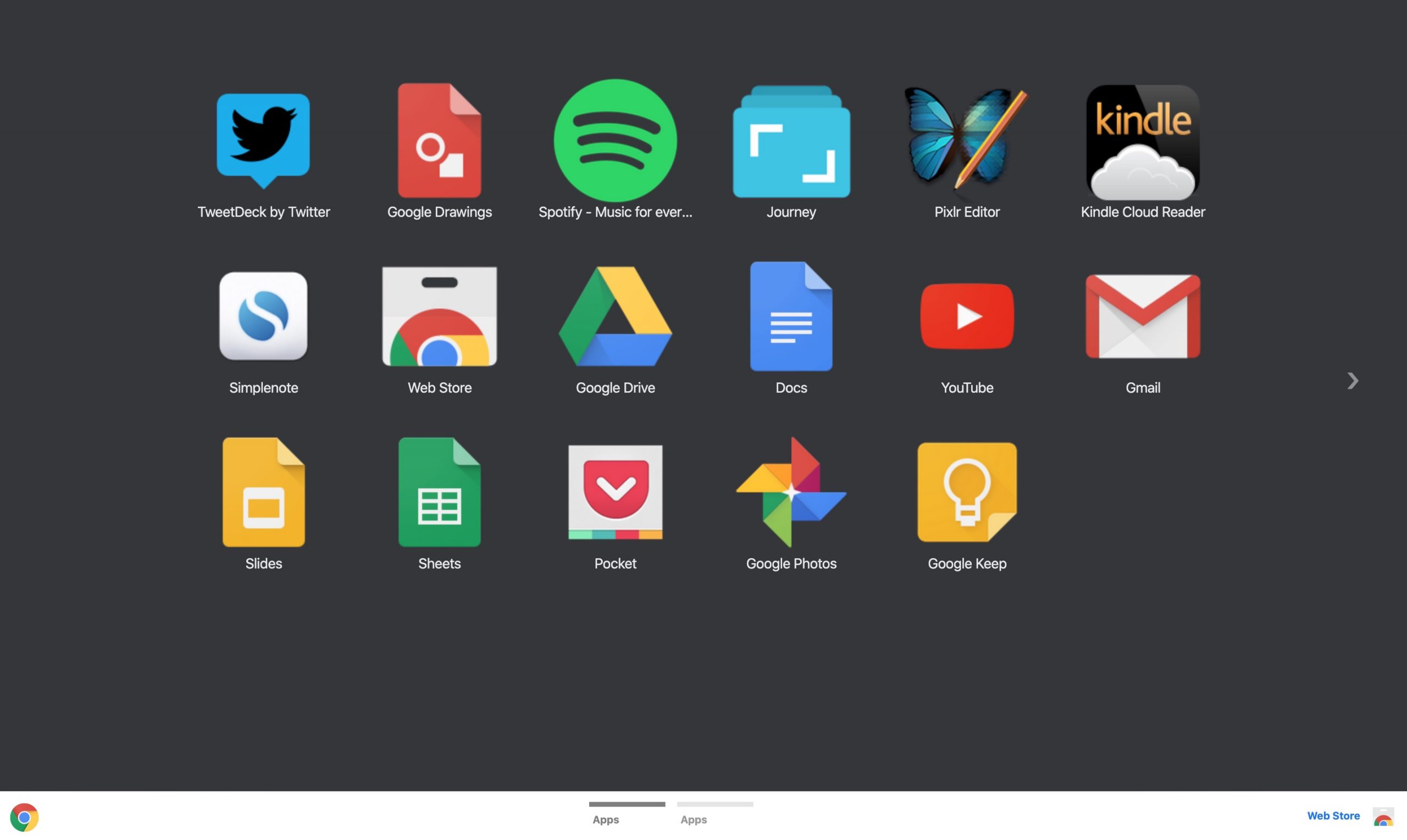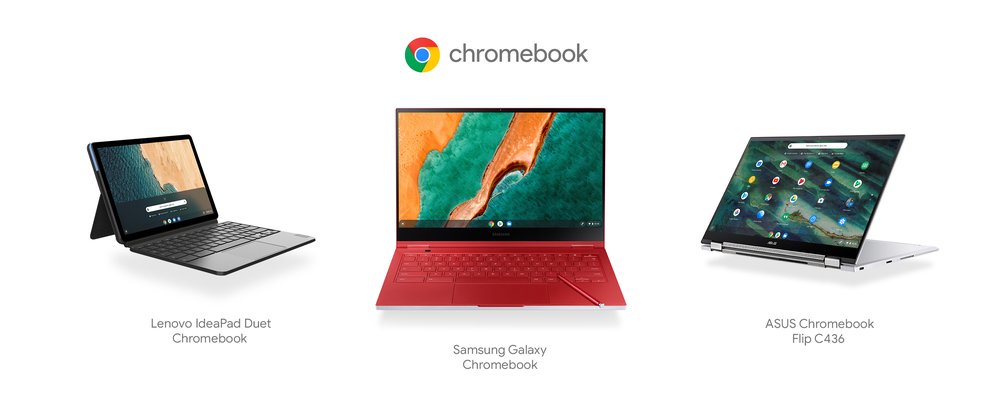Google’s Chromebooks started life as a fairly simple concept – a web browser running on a laptop through which you could access the web. Over time, they’ve become far more than this – locally running apps, Android built in, printing, etc – to the point that they’ve become full laptop replacements for many.
On the way, Chrome Apps became the flavour of the day, but that day has definitely passed. Back in 2016, Google announced that Chrome Apps would be eventually removed, in favour of web apps which ran fast enough to replace local ones.

After almost seven years, Chrome Apps will be disappearing from March 2020, when the Chrome Web Store will no longer accept new app listings. Existing apps will remain available until June 2022, but from June this year, the Chrome App function will no longer be supported for Mac, Windows and Linux customers.
From June 2021, Chrome OS consumer customers will lose access to the apps, and enterprise/education users will lose access afterwards.
Here’s the full timeline:
- March 2020: Chrome Web Store will stop accepting new Chrome Apps. Developers will be able to update existing Chrome Apps through June 2022.
- June 2020: End support for Chrome Apps on Windows, Mac, and Linux. Customers who have Chrome Enterprise and Chrome Education Upgrade will have access to a policy to extend support through December 2020.
- December 2020: End support for Chrome Apps on Windows, Mac, and Linux.
- June 2021: End support for NaCl, PNaCl, and PPAPI APIs.
- June 2021: End support for Chrome Apps on Chrome OS. Customers who have Chrome Enterprise Upgrade will have access to a policy to extend support through June 2022.
- June 2022: End support for Chrome Apps on Chrome OS for all customers.
Chrome Extensions will remain supported, and while superficially these function the same way as apps in some cases, they operate more as browser plugins than distinct apps, so they’ll be hanging around.





I wonder if, as a direct consequence of this, we’ll start seeing a decline in the varieties of Chromebooks being offered by the major computer manufacturers, with a resulting death of Chromebooks sometime after 2023.